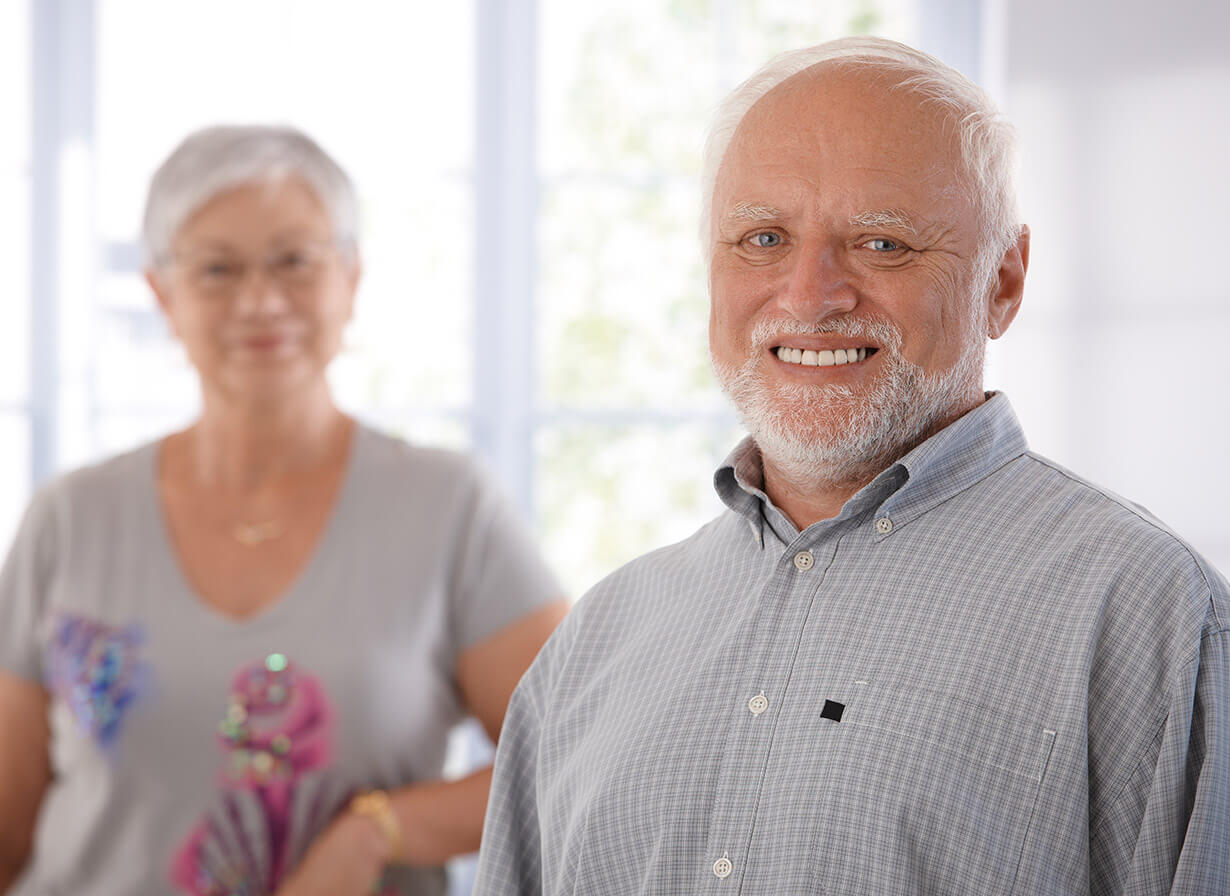SENIORS AND EXERCISE
As we age, we should make exercising a part of our daily routine. Exercise is essential for all age groups. Hence, seniors should be as active as possible through exercising in order to live a longer and healthier life. A lot of important health benefits are associated with exercising, so it becomes more important as we grow older. Regular physical activity helps improve mental and physical health, both of which will help you maintain your independence as you age as it helps to reduce risks of mobility challenges.
For all age groups, the benefits include a healthier heart, stronger bones and improved flexibility. For seniors, there are additional benefits, like the fact that regular exercise reduces the risk of chronic diseases, lowers the chance of injury and can even improve one’s mood.
BENEFITS OF EXERCISE FOR SENIORS
- PREVENTS DISEASE OR CHRONIC HEALTH CONDITIONS
Engaging in regular physical activity can help prevent many common diseases, such as heart disease, cancer, stroke, osteoporosis, and diabetes. Exercise helps to improve the general functioning of the immune system, which is important for seniors as their immune systems are often compromised as they age. Even simple exercise, such as walking, can be a powerful tool for preventing diseases.
- INCREASED BALANCE AND STABILITY
Seniors are usually prone to falls, which are number one cause of injury among the seniors. Falls can also pose a great threat to their security and self-reliance, thereby, making some of them limit their mobility. The more reason, seniors should engage in exercise as it helps to improve strength and flexibility. It also helps to improve balance and gait, reducing the risk of falls. Seniors take much longer to recover from falls, so whatever will help to avoid falls should be seriously considered.
- IMPROVED MENTAL HEALTH
There are numerous mental health benefits one gets from exercising. When you engage in exercise, a hormone called endorphins (the “feel good” hormone), is produced. Endorphins act as a stress reliever and leaves you feeling happy and satisfied. This can as well help to reduce the risk of depression. Exercise also helps to improve one’s sleeping habits, which is especially important for seniors who often suffer from insomnia and sleep disorders.
- IMPROVED HEALING AND FUNCTION
The seniors usually experience delayed wound healing more frequently than their younger counterparts. Wound healing is usually a complicated issue for seniors. However, when seniors are active and engage in regular exercise, it can help to speed up the wound healing process. Also, a healthy, strong body can better fight off infection and makes recovery from illness or injury easier.
- IMPROVED COGNITIVE FUNCTION
Exercising also helps to improve the cognitive function. When one is physically active, there will be lower risk of dementia. In fact, studies have also shown that when individuals walk three or more times a week, the occurrence of dementia was 35% lower than those seniors who were less active.
- SOCIAL ENGAGEMENT
When seniors take part in group fitness classes, join a walking group or visit a gardening club, they have fun. These activities are exercises but help the seniors maintain social ties with other people especially their families, friends and caregivers. Social engagements help do away with loneliness or depression. They don’t also see the activities as stressful or tedious because they stimulate their interest in socializing.
SAFETY TIPS
As beneficial as exercises can be for all age groups especially the seniors, there are some safety tips that should be considered before engaging in exercises. Here they are :
– First, check with your doctor if you are over 50 years and are not used to exercising before starting an exercise routine.
– You should also talk to your doctor if you have some health conditions before starting an exercise program Health conditions such as recent surgery, chest pain, dizziness, shortness of breath and so on.
– If you are not used to exercising or not already active, you should begin slowly. Start with exercises that you are already comfortable doing. This helps to avoid falls or any cause for injury. It also helps to prevent soreness.
– You should also ensure to wear loose, comfortable clothing and shoes that are appropriate enough for the type of physical activity you’ll be engaging in.
CONCLUSION
Exercise is good for all age groups especially the seniors. For the seniors, exercise has numerous benefits that can contribute to their healthy living and longevity. Exercising has been shown to prevent disease, lower the risk of falls, improve mental health and well-being, strengthen social ties, and improve cognitive function. Seniors are hereby advised to make exercising a thing of a priority and making it a regular habit. Families and caregivers of the seniors should also take it upon themselves to encourage their loved ones to participate in exercise sessions regularly.
References
https://thegreenfields.org/5-benefits-exercise-seniors-aging-adults/
https://familydoctor.org/exercise-seniors/
https://www.asccare.com/importance-exercise-seniors/

